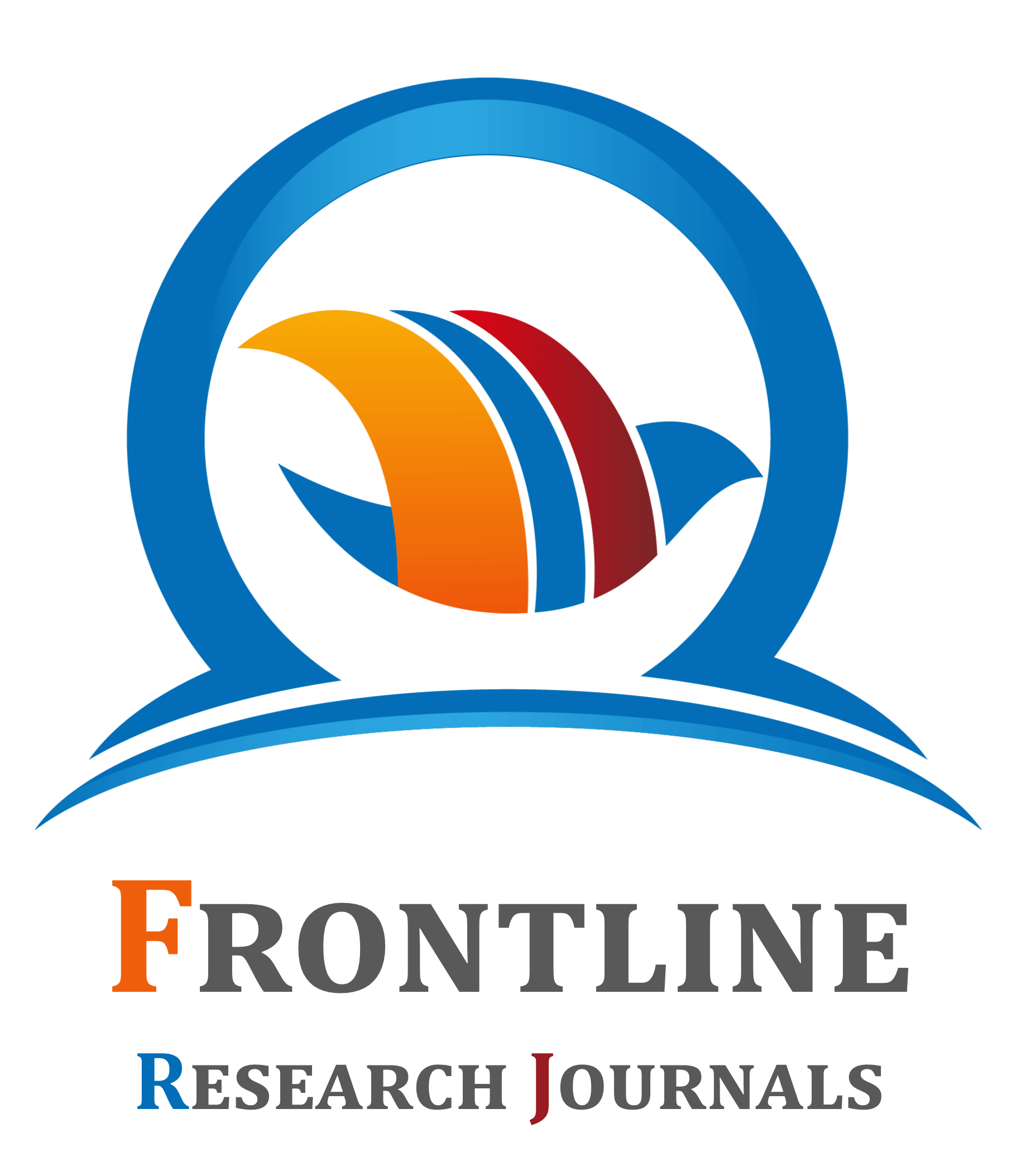A conceptual model for financial advisory standardization: Bridging the financial literacy gap in Nigeria
1 Imo State Internal Revenue Service, Nigeria.
2 Zenith General Insurance Company Limited, Nigeria.
3 The Velvet Expression, Lagos, Nigeria.
4 Independent Researcher, Lagos, Nigeria.
5 Zenith Bank Nigeria.
Review
International Journal of Frontline Research in Science and Technology, 2022, 01(02), 038–052.
Article DOI: 10.56355/ijfrst.2022.1.2.0055
Publication history:
Received on 12 November 2022; revised on 21 December 2022; accepted on 23 December 2022
Abstract:
This paper presents a conceptual model aimed at standardizing financial advisory practices in Nigeria, with the goal of bridging the financial literacy gap that affects a significant portion of the population. The model proposes a structured framework for financial advisory services that integrates key elements of financial education, regulatory oversight, and practitioner qualifications. By emphasizing the importance of standardized practices, the model seeks to enhance the quality of financial advice provided to Nigerian consumers and promote better financial decision-making. The framework is based on a multi-dimensional approach, incorporating principles of financial literacy, ethical standards, and client-centered advisory practices. It highlights the need for comprehensive financial education programs that address the specific needs and challenges faced by different demographic groups in Nigeria. These programs are designed to improve financial literacy levels and empower individuals with the knowledge required to make informed financial decisions. Key components of the model include the establishment of certification and training requirements for financial advisors, the implementation of regulatory guidelines to ensure ethical conduct, and the creation of a standardized assessment tool to evaluate the effectiveness of advisory services. The model also emphasizes the role of technology in enhancing accessibility to financial advice, advocating for the development of digital platforms that facilitate remote advisory services and educational resources. The proposed model aims to address existing disparities in financial knowledge and advisory quality by providing a uniform standard for financial advisory practices across Nigeria. By bridging the financial literacy gap, the model is expected to contribute to improved financial outcomes for individuals and enhance overall economic stability.
Keywords:
Financial Advisory Standardization; Financial Literacy; Nigeria; Financial Education; Regulatory Oversight; Practitioner Qualifications; Ethical Standards; Financial Decision-Making; Digital Platforms; Economic Stability
Full text article in PDF:
Copyright information:
Copyright © 2022 Author(s) retain the copyright of this article. This article is published under the terms of the Creative Commons Attribution Liscense 4.0
